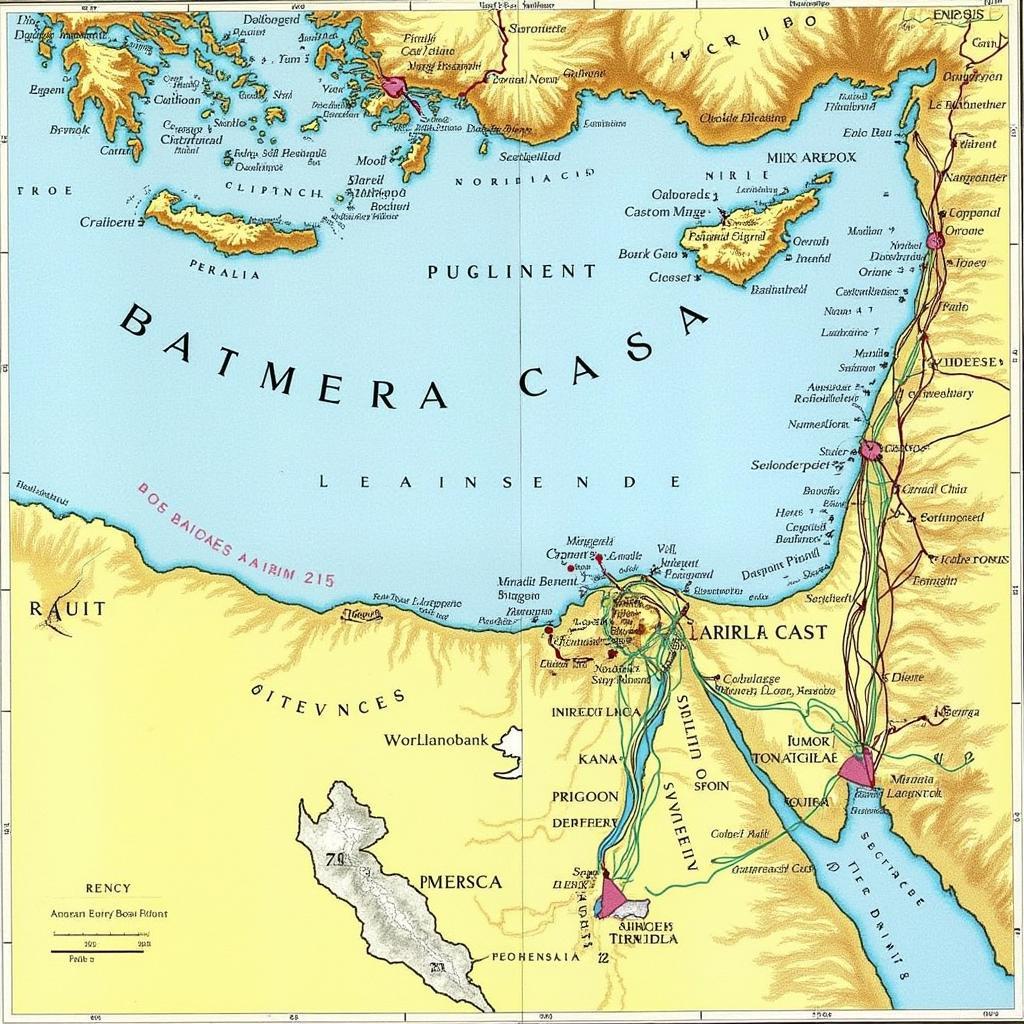African American Slavery Years: A Deep Dive into a Dark Chapter
The African American Slavery Years represent a brutal and devastating period in American history, spanning from the early 17th century to 1865. This era of forced labor, oppression, and dehumanization profoundly impacted the lives of millions and continues to shape the social, political, and economic landscape of the United States today. Understanding this period is crucial to acknowledging the lasting legacy of slavery and working towards a more just and equitable future. african american affairs movie list provides a resource for those looking to further explore this complex history through film.
The Transatlantic Slave Trade and its Impact on African Americans
The transatlantic slave trade was the horrific mechanism that transported millions of Africans across the Atlantic Ocean to the Americas, including what is now the United States. This forced migration, driven by the demand for cheap labor in the burgeoning colonies, ripped individuals from their families, homes, and cultures, subjecting them to unimaginable cruelty and hardship. The conditions on slave ships were appalling, with cramped quarters, disease, and malnutrition rampant. Those who survived the perilous journey faced a life of servitude, stripped of their basic human rights and subjected to the whims of their enslavers.
The Economics of Slavery and its Role in American Development
The institution of slavery became deeply intertwined with the economic prosperity of the colonies and later the United States. Enslaved labor fueled the growth of lucrative industries such as tobacco, cotton, and sugar. The Southern economy, in particular, became heavily reliant on this exploitative system, creating immense wealth for slaveholders while simultaneously denying basic human rights and economic opportunities to African Americans. The forced labor of enslaved people contributed significantly to the nation’s infrastructure, agriculture, and overall economic development.
What were the long-term economic impacts of slavery on African Americans? The denial of education, property ownership, and fair wages created a legacy of economic disadvantage that continues to impact African American communities today.
Life Under Slavery: Resistance, Resilience, and the Fight for Freedom
The daily lives of enslaved African Americans were marked by hardship, brutality, and constant struggle. Despite the dehumanizing conditions, they maintained their cultural traditions, built communities, and found ways to resist the oppressive system. Acts of resistance took many forms, from subtle acts of defiance to organized revolts and escapes. The desire for freedom and self-determination burned brightly within enslaved communities, fueling the fight for abolition. african american skinned offers insights into the diverse experiences and identities within the African American community.
The Abolition Movement and the Path to Emancipation
The abolition movement, driven by both Black and white activists, played a critical role in the fight to end slavery in the United States. Through passionate advocacy, writing, and organizing, abolitionists sought to expose the horrors of slavery and persuade the nation to embrace its moral imperative to end the practice. The movement gained momentum throughout the 19th century, culminating in the Civil War and ultimately the Emancipation Proclamation in 1863, which declared enslaved people in Confederate-held territory to be free. african american true life movies offers a list of films that depict the struggles and triumphs of African Americans throughout history.
How did the Emancipation Proclamation change the course of the Civil War? The Emancipation Proclamation transformed the Civil War from a conflict over states’ rights to a fight for human liberation, attracting international support for the Union cause.
The Legacy of Slavery and its Continued Relevance
The African American slavery years left an indelible mark on American society. The legacy of slavery continues to manifest in systemic racism, economic inequality, and social injustice. Understanding this dark chapter in American history is essential to addressing the ongoing challenges and working towards a more equitable future for all. african american kitchen art explores the rich cultural heritage expressed through art within the African American community.
Conclusion
The African American slavery years represent a period of immense suffering and injustice. However, the resilience, resistance, and unwavering pursuit of freedom demonstrated by enslaved African Americans continue to inspire and inform the ongoing struggle for equality and justice. Remembering and understanding this history is crucial to building a more just and equitable future. african american social organizations provides information on organizations dedicated to uplifting and empowering African American communities. Let us continue to learn from the past and work towards a future where the horrors of slavery are never repeated.
FAQ
- When did slavery officially end in the United States? Slavery was officially abolished with the ratification of the 13th Amendment to the Constitution in 1865.
- What was the Middle Passage? The Middle Passage refers to the horrific journey enslaved Africans endured across the Atlantic Ocean.
- Who were some prominent abolitionists? Prominent abolitionists include Frederick Douglass, Harriet Tubman, and William Lloyd Garrison.
- What were some forms of resistance employed by enslaved people? Resistance took many forms, including work slowdowns, sabotage, escape, and armed rebellion.
- What is the significance of Juneteenth? Juneteenth commemorates the announcement of the abolition of slavery in Texas in 1865.
- How did slavery impact the development of the American economy? Slavery contributed significantly to the growth of agriculture and industry in the United States, particularly in the South.
- What are some resources for learning more about African American history? Numerous books, museums, and online resources are available for further exploration.
For further support please contact us at Phone Number: +255768904061, Email: kaka.mag@gmail.com Or visit our address: Mbarali DC Mawindi, Kangaga, Tanzania. We have a 24/7 customer service team.


